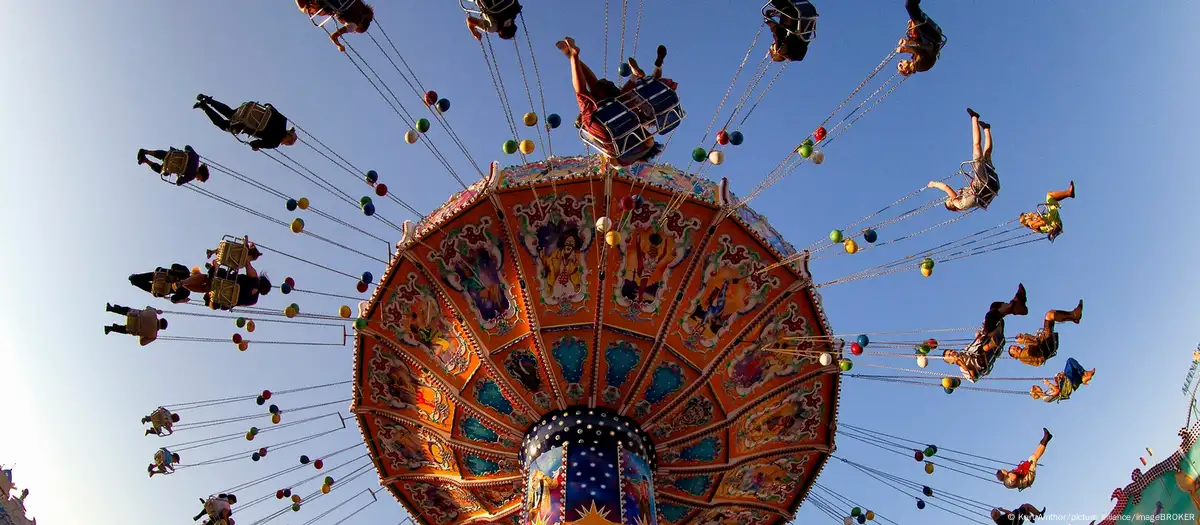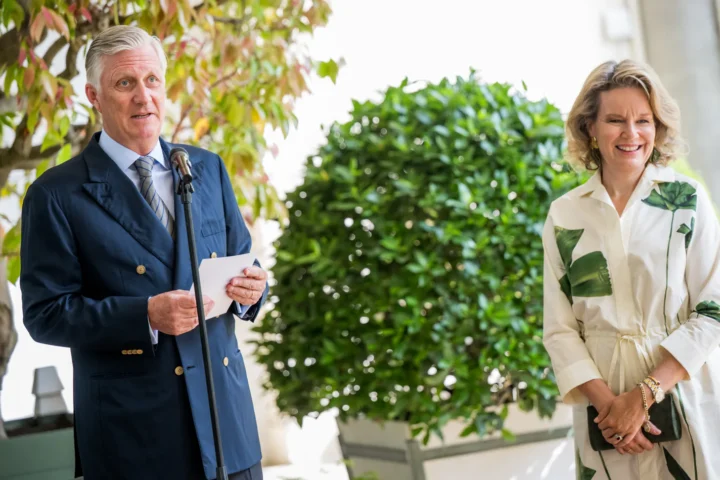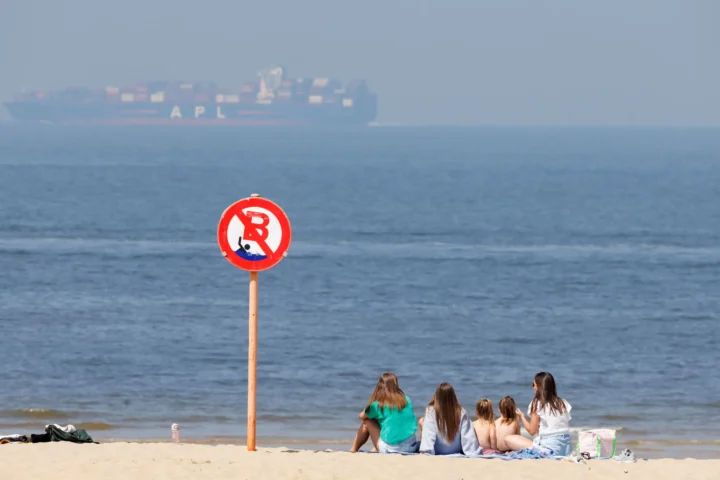More than Bavarians in lederhosen balancing frothing beer mugs and fried sausages, the world’s largest folk festival is becoming more inclusive and eco-friendly.
Around 6 million revelers from across the globe are expected to cram into the beer halls of Munich during the 2024 Oktoberfest, which starts September 21 and continues for over two weeks.
But while the 189th edition of the iconic folk festival will see its boisterous guests drink over 5.6 million liters of beer — sourced from six local brewers — and consume tons of oxen, potato salad and sauerkraut, the event continues to update its image to match the times.
Going organic — and climate neutral — on the Wiesn
Oktoberfest organizers are also now promoting organic, locally-sourced and vegetarian produce; and products that have a relatively low carbon footprint.
And of course the beer is also local — if increasingly expensive.
A new tent called the Boandlkramerei features well-known artists from the folk music scene and offers a largely vegan and vegetarian menu that breaks from meat-heavy Bavarian tradition.
Such green innovations can help boost “eco points,” the rating system for businesses seeking admission to the Wiesn, or fairground.
Local, chemical-free organic produce was used at the 2023 event in everything from the classic Wiesn grilled chicken to roasted almonds, bratwurst and steak rolls, chocolate bananas and waffles.
Stall holders are not only encouraged to sell regional and ecologically sustainable wares that are also reusable or recyclable, but to utilize solar power installations or electric vehicles.
Last year, it was announced that the 15 largest beer halls at the fairground would be climate neutral within five years — and perhaps even three — by reducing carbon emissions, including by adding more climate-friendly vegetarian and even vegan dishes on the menu.
It all began in 2016 when one renowned chicken and duck grill venue (Ammer Hühner und Entenbraterei) became the first climate-neutral marquee at the Wiesn.
It did this by compensating for CO2 emissions it could not avoid through investment in projects elsewhere in the world, such as efficient cooking systems for families in Nigeria and low-emission power generation from mustard harvest residues in India, for example.
Meanwhile, the famous amusement rides on the Munich fairgrounds are also going eco. The Grand Carousel that debuted at Oktoberfest 2023 is a multi-storey carousel with gondolas and horses that is driven by an emission-free electric motor.
A safer, more inclusive festival
Keeping up with the times also means a festival that reaches a more diverse audience.
The new and inclusive “vr4kids” participation project will for the first time offer a virtual visit to the Oktoberfest, allowing children and young people with disabilities to join the fun from a remote location.

The organizers are also attempting to keep the event safe from sexual harassment, and to ensure that Oktoberfest’s image of flirtatious revelry is firstly ruled by consent and respect.
Sadly, this has not always been the case, despite the Safer Oktoberfest campaign supported by Munich’s city health department that assists female visitors in cases of harassment.
Another significant campaign combating sexual violence at Oktoberfest is the “WiesnGentlemen” initiative, spearheaded by the non-profit organization Condrobs. This venture aims to create a safer festival environment, particularly for women, by promoting respectful behavior and responsible drinking through social media, posters, school campaigns, and engaging with visitors en route to the festival grounds.
An integral part of the campaign is the Wiesn Courage Award, which recognizes and encourages respectful conduct.
“Be respectful to each other,” said Birgit Treml from Condrobs. “This applies always and everywhere in our society, but especially here at the Wiesn, where so many people come together, where a lot of alcohol flows, where it is perhaps easier for boundaries to slip.”








